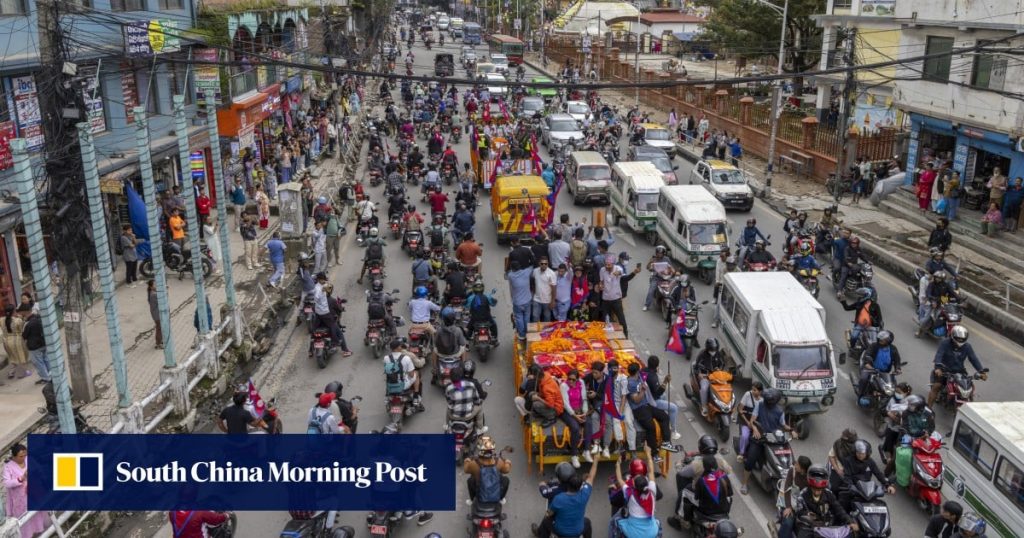India can seize an opportunity to reset its ties with Nepal and strengthen regional stability following the leadership shake-up in Kathmandu sparked by the Gen Z-led protests, according to analysts.
But they warn that any such move by India must avoid triggering perceptions of “big brother” interference – a legacy of its past interventions in South Asia that have pushed Nepal and Bangladesh closer to China.
The recent unrest in Nepal led to the resignation of prime minister K.P. Sharma Oli last week. Former chief justice Sushila Karki was sworn in as interim leader on Friday, shortly before President Ramchandra Paudel dissolved parliament. A general election has been scheduled for March, according to a statement from the presidential office in Kathmandu.
Clashes between the protesters, who were demanding accountability and transparency from Nepal’s government, and security forces led to at least 72 people dead and more than 1,300 injured.
Indian Prime Minister Narendra Modi was quick to respond to the change in Nepal’s leadership, congratulating Karki and expressing hopes for the country’s return to stability.
“India is fully committed to the peace, progress and prosperity of Nepal’s brothers and sisters,” he wrote in a post on social media.
DB Subedi, a lecturer at The University of Queensland’s School of Political Science and International Studies, said a stable neighbourhood was in the interest of India’s national security.


